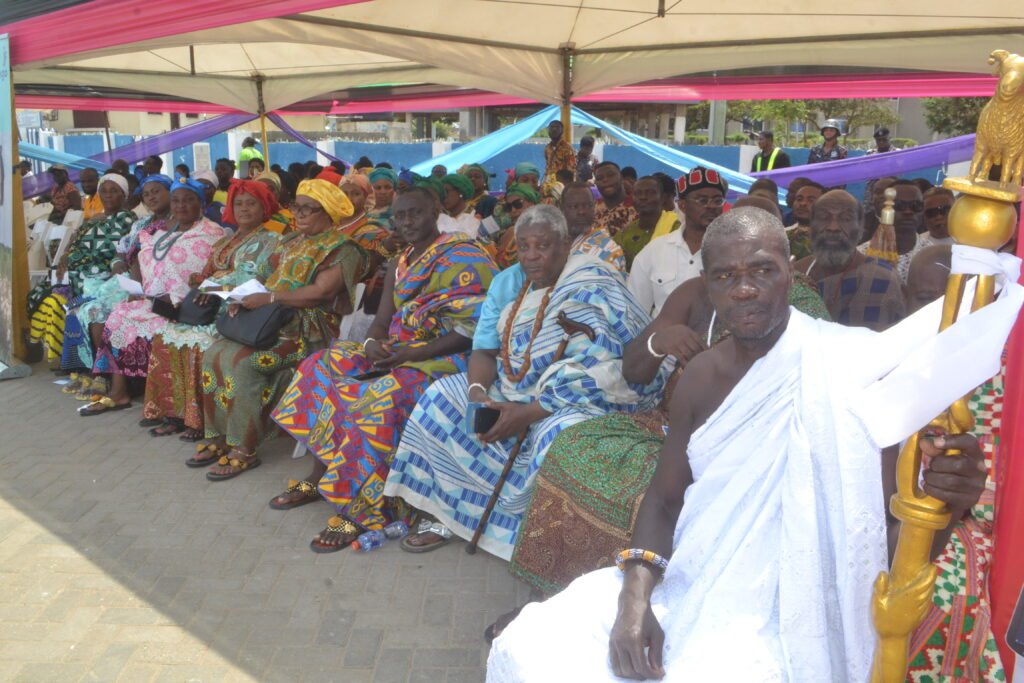

The Trump administration may have ceded all territory to the Kremlin on this one.
US President Donald Trump and Russian President Vladimir Putin are fresh off the heels of their first meeting as international leaders on the sidelines of this week's G20 summit in Hamburg, Germany. The meeting, which was scheduled for 30 minutes, went 2 hours and 16 minutes long and ended when Melania Trump was sent in to check on the leaders.
Putin and Trump discussed a slew of topics during their bilateral sit-down, according to a briefing from US Secretary of State Rex Tillerson. Chief among them was the issue of Russia's interference in the 2016 election, which was done in an effort to tilt the election in Trump's favor, according to the US intelligence community's conclusions.
Tillerson said Trump and Putin had a "robust and lengthy exchange" on the subject, and that while Trump "pressed" Putin on it, Putin denied all charges against Russia, as he has done in the past. Tillerson also added that continued focus on Russia's interference posed a "substantial hindrance" to the US' ability to build stronger ties with Russia.
The administration's strategy of broaching the subject points to an effort to do two things at once: address the lingering question of Russia's interference, and also make it clear that Trump has no intentions of continuing to litigate the issue, Axios' Jonathan Swan wrote in a post-meeting analysis.
Sources close to the president told Swan that the president's advisers knew that if Trump didn't raise the issue to Putin, his refusal to do so would dominate the news cycle, so Trump instead pursued the middle ground.
But experts say in trying to take the middle ground, Trump may have ceded all territory to Putin and allowed him to control the narrative.
Trump has so far been slow to address Russia's election hack. As recently as Thursday, Trump questioned the intelligence community's findings and argued, during a press conference in Poland, that Russia may not have been the only country that intervened.
"Nobody really knows for sure," Trump said.
The Kremlin seized on Trump's characterization following his speech. Spokesman Dmitry Petrov told Bloomberg News that Trump had highlighted "equally the possibility that it could have been other countries."
"Please note the nuances," he said.
Putin also commented on his and Trump's conversation about Russia's election meddling, though his account vastly differed from Tillerson's. "He asked many questions on the subject, I tried to answer them all," Putin said of Trump during a press conference Saturday. "It seems to me that he has taken note of that and agreed, but it's better to ask him about his attitude."
Trump has not yet held a press conference or commented publicly on his meeting with Putin.
"He let them off the hook," Glenn Carle, a CIA veteran and former spy, said of Trump's reluctance to properly address Russia's meddling.
The president has drawn sharp scrutiny for his apparent unwillingness to forcefully push back against Russia's meddling, which experts say is tantamount to a casus belli — an act that justifies a war.
Robert Deitz, a former top lawyer at the National Security Agency and the CIA, said before Trump's meeting with Putin that it would be "truly awful" if he did not raise the topic of Russia's election interference.
He added that it was likely Trump would have a "hard time" addressing it "other than through a perfunctory 'don't do it.'"
And Trump's reticence on the subject during and after the meeting, which stands in contrast to Putin's statements to the public which make it appear as though Trump took Putin's word over the US intelligence community's, further points to the US' "strategic surrenders and shifts in favor of Russia," Carle said.
The Trump administration may have ceded all territory to the Kremlin on this one. Read Full Story
















Facebook
Twitter
Pinterest
Instagram
Google+
YouTube
LinkedIn
RSS